Publications
Articles, publications, books, tools and multimedia features from the U.S. Institute of Peace provide the latest news, analysis, research findings, practitioner guides and reports, all related to the conflict zones and issues that are at the center of the Institute’s work to prevent and reduce violent conflict.
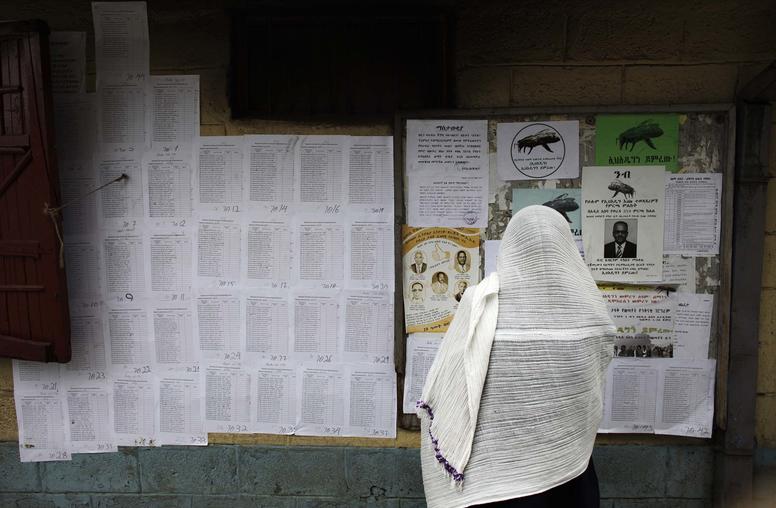
Ethiopia: Contemplating Elections and the Prospects for Peaceful Reform
Ethiopia is approaching parliamentary elections on June 5. This will be the first vote since the process of reform launched in 2018 by Prime Minister Abiy Ahmed, and the stakes are extremely high. Elections to the next national parliament, the House of People's Representatives, may determine future decisions about the structure of the country and consolidate the ruling party’s power. While the short-term outlook for the vote is unlikely to change, the election may offer opportunities to support political dialogue which could sustain important reforms and decrease polarization.
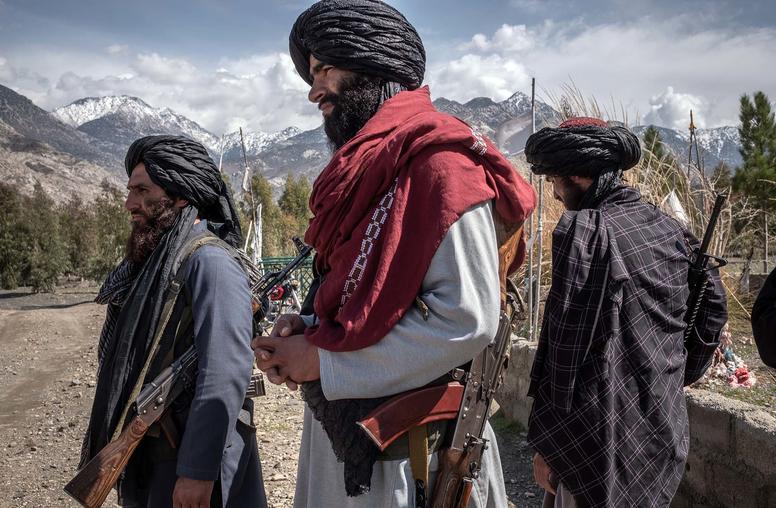
Even After Withdrawal, U.S. Retains Leverage Over Taliban
President Biden’s announcement that U.S. troops would withdraw by September 11 has many Afghans and observers warning of a quick collapse of the Afghan state and a new phase in the country’s civil war. Without minimizing the challenges ahead, the United States should avoid any self-fulfilling prophecy of imminent collapse by insisting that the only future for Afghanistan is one that advances the gains of the past 20 years. As troops begin to depart, it is an opportune time to examine three forms of leverage the United States has to promote a political settlement.
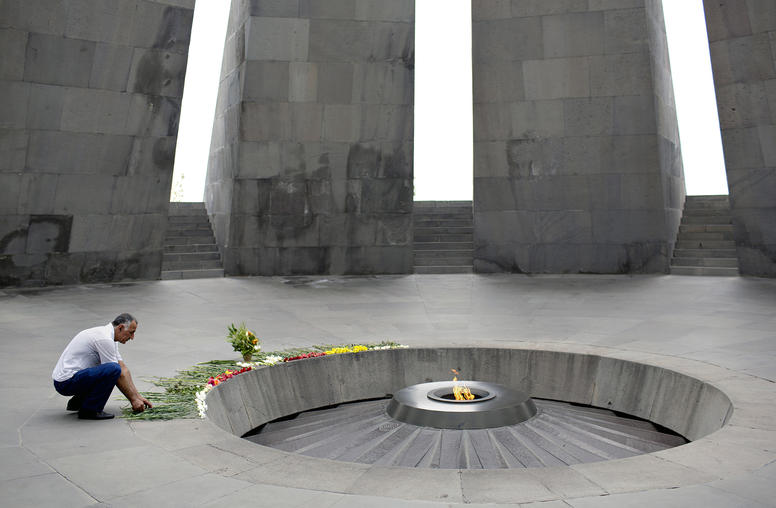
Why Biden’s Recognition of the Armenian Genocide Is Significant
On April 24, U.S. President Joseph R. Biden, Jr. recognized the 1915 mass killing and deportation of an estimated one million Armenians in Turkey as genocide. Through a press statement issued on Armenian Genocide Remembrance Day, the president righted a historical wrong — failure by past U.S. presidents to recognize the crimes perpetrated against the Armenians as a genocide — and underscored the U.S. commitment to preventing future instances of genocide and mass atrocities.
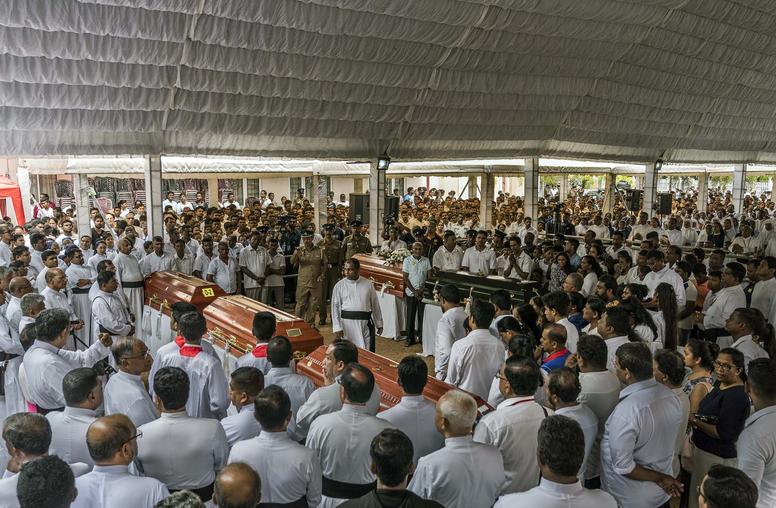
Two Years After Easter Attacks, Sri Lanka’s Muslims Face Backlash
Two years after the Easter Sunday attacks that left 269 dead and injured more than 500, Sri Lanka’s Christian community is still waiting for justice while its Muslim community is reeling from the backlash that followed the bombings. Recent government restrictions targeting Muslims have exacerbated religious tensions in the South Asian nation and risk alienating large portions of the community.
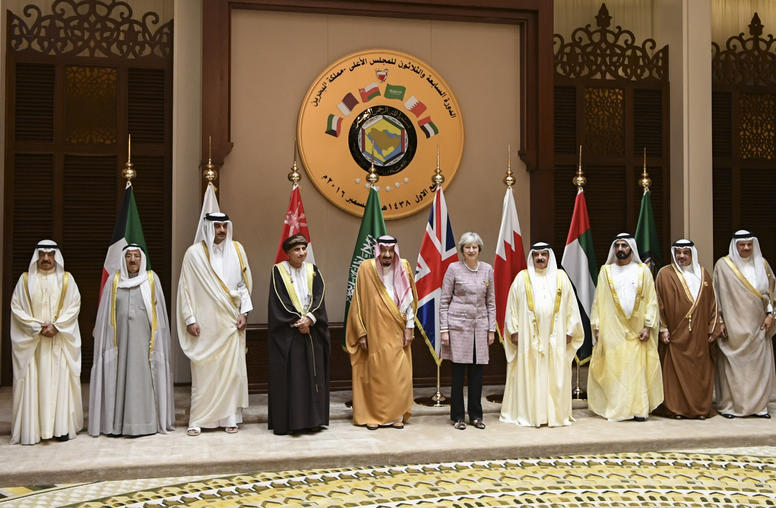
Iran Nuclear Talks Open a Window for Broader Middle East Security
Since the end of World War II, there have been several attempts that ultimately failed to establish a regional security framework in the Middle East. These attempts have historically fallen short, undermined by distrust, power politics and conflict. Today, a new window of opportunity may be emerging to establish a stable, broadly accepted mechanism for deescalating conflicts, setting norms and building confidence and cooperation between states in the region. World powers should consider the ongoing Vienna talks — aimed at reviving the Iran nuclear deal that the Trump administration withdrew from — the first step in this direction.
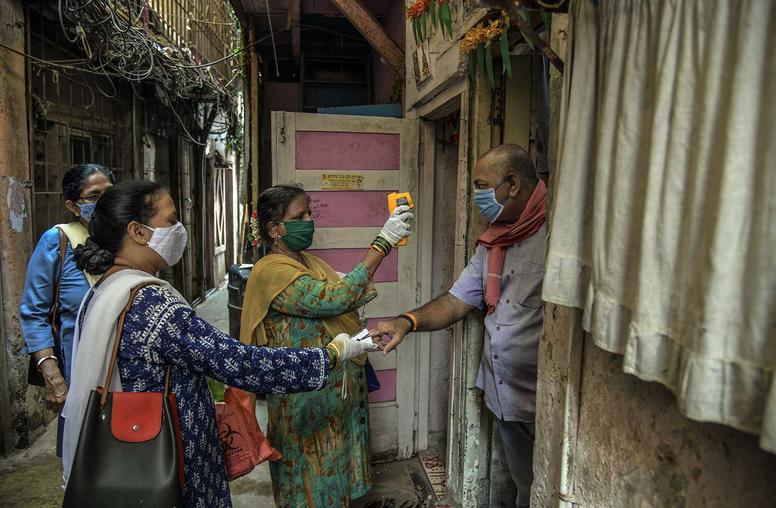
Can India Escape its Devastating Second COVID Wave?
India’s second wave of COVID has quickly turned into one of the worst outbreaks in the world. Since early March, official cases and deaths have skyrocketed, recently breaking world records on an almost daily basis. Meanwhile, Indian officials are warning the country’s health care system cannot keep up with the deluge of patients as supplies run thin, exposing India’s ailing health infrastructure. USIP’s Tamanna Salikuddin and Vikram Singh look at the origins of India’s second wave, its far-reaching consequences in the global fight against COVID and what the international community can and should do to help India weather the storm.
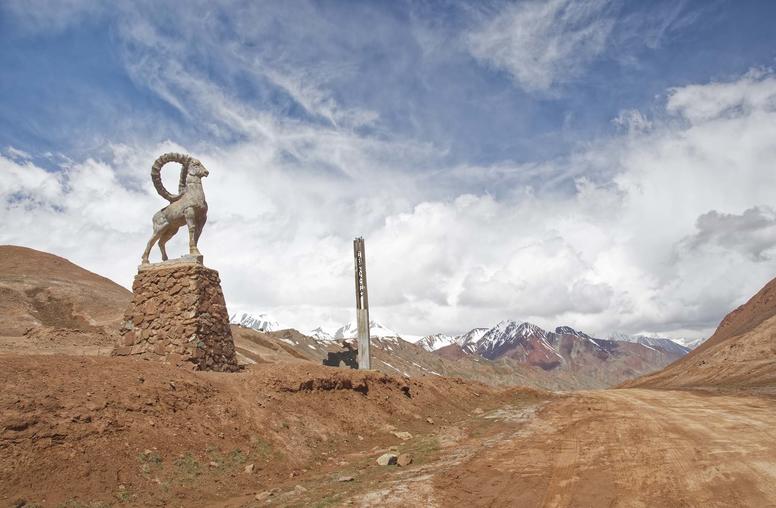
Border Clash Between Kyrgyzstan and Tajikistan Risks Spinning Out of Control
A dispute over irrigation water triggered a clash between Kyrgyzstan and Tajikistan last week that quickly spread along the border, resulting in the death of more than 40 people and displacing 30,000 on the Kyrgyz side — the worst such incident in the region since the collapse of the Soviet Union. While such flare-ups, albeit less deadly, are a regular occurrence in the region, this time the situation could get out of hand as the leaders of both countries are incentivized to stoke a crisis that distracts from the domestic unrest caused by their mismanagement of the COVID-19 pandemic.
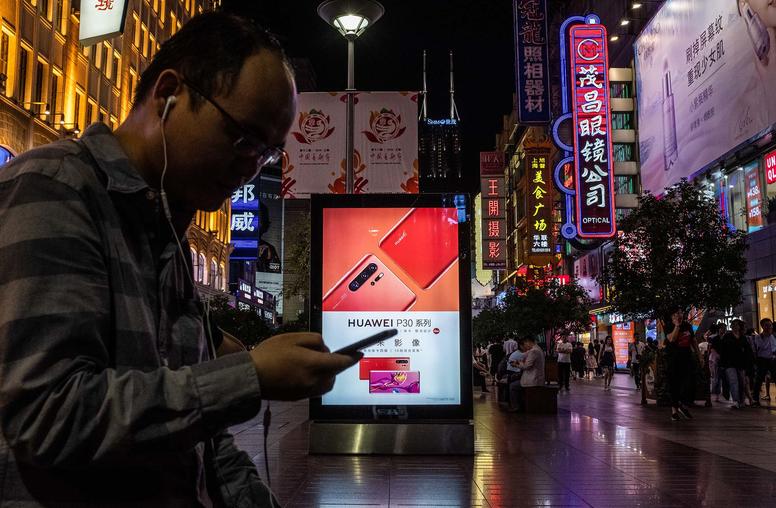
The Evolving U.S.-China Tech Rivalry in Africa
A battle is unfolding between United States and Chinese tech firms over who will control what millions of people in Africa can see, hear, read and say.
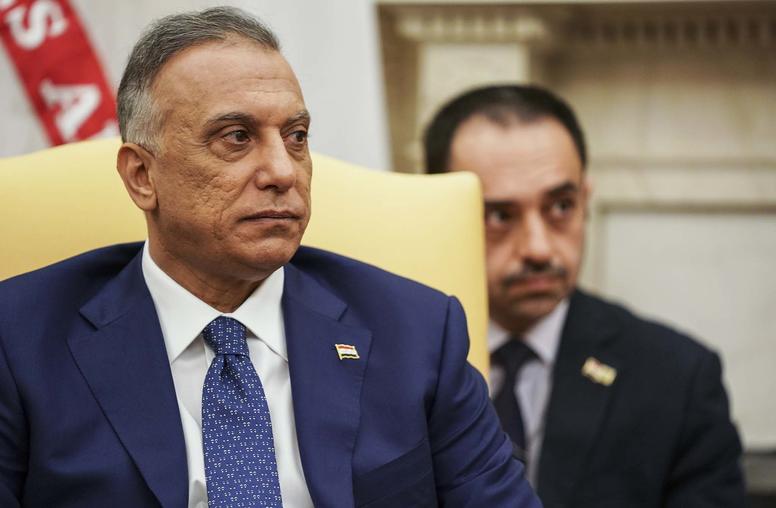
Where Is Iraq a Year After Prime Minister Kadhimi Took Office?
Iraqi Prime Minister Mustafa al-Kadhimi came to power a year ago today after a protest movement toppled the previous government and successive attempts to establish a new one failed. Inheriting a country deep in the midst of political and economic crises, Kadhimi has spent the last year trying to put Iraq back on the path toward stability all while navigating U.S.-Iran tensions playing out on Iraqi soil. USIP’s Elie Abouaoun and Sarhang Hamasaeed look at what Kadhimi has done to attempt to placate protesters, the importance of Iraq’s October national elections and how the prime minister has dealt with U.S.-Iran tensions.
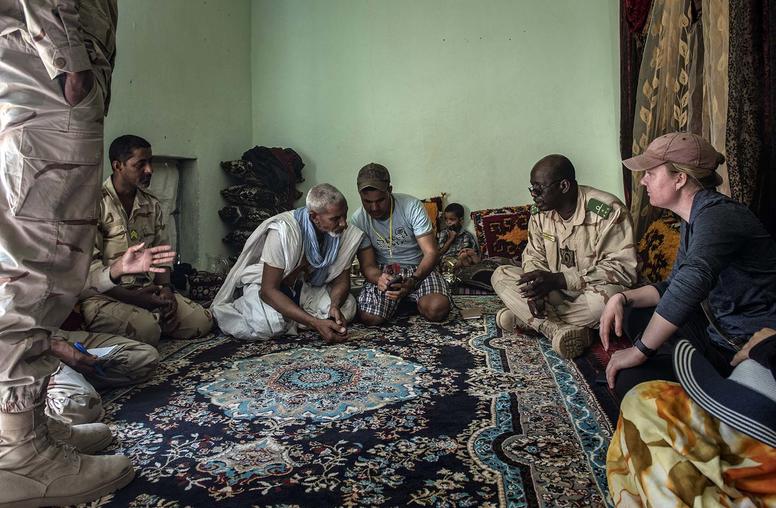
Three Ways to Make Communities Count in Combatting Violent Extremism in Africa
Nearly 20 years since the 9/11 attacks, the global community continues to struggle with violent extremism and terrorism. While much of the focus in the immediate aftermath was on the Middle East and Afghanistan, sub-Saharan Africa has drawn increasing attention in the last decade. Seven of the world’s top 10 countries facing the greatest violent extremist threat are in Africa, with the expansion of the Islamic State group (ISIS) and al-Qaida-affiliated groups on the continent. Efforts to combat violent extremism in Africa are now at a critical juncture. But this presents an opportunity to rethink these efforts. A tailored focus on local communities will be key in building better approaches to deal with the violent extremist scourge.